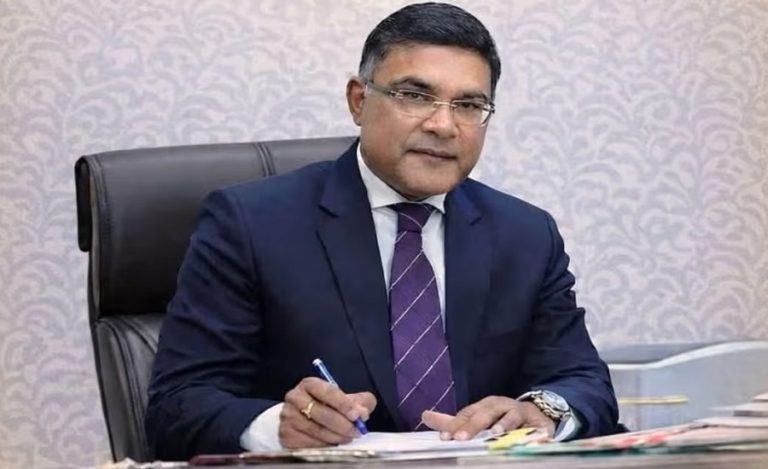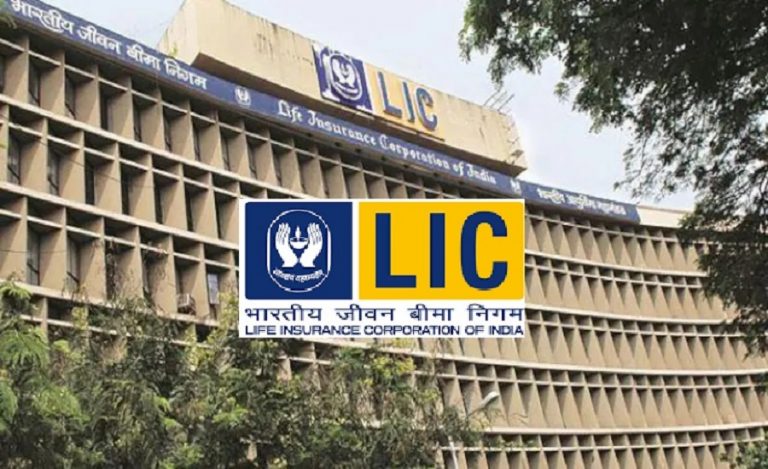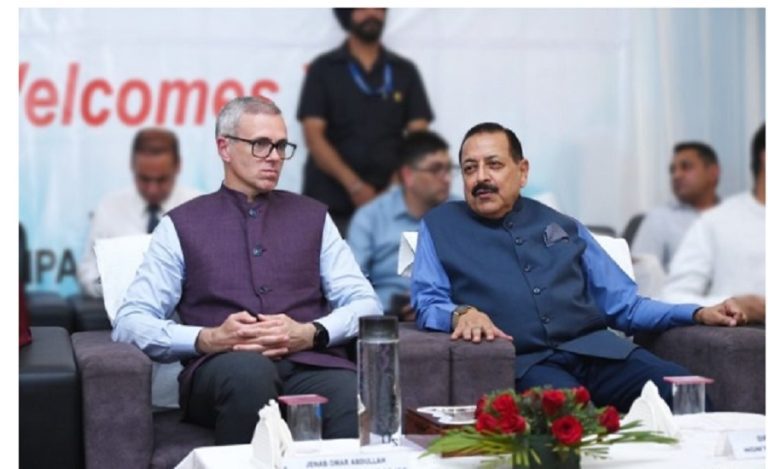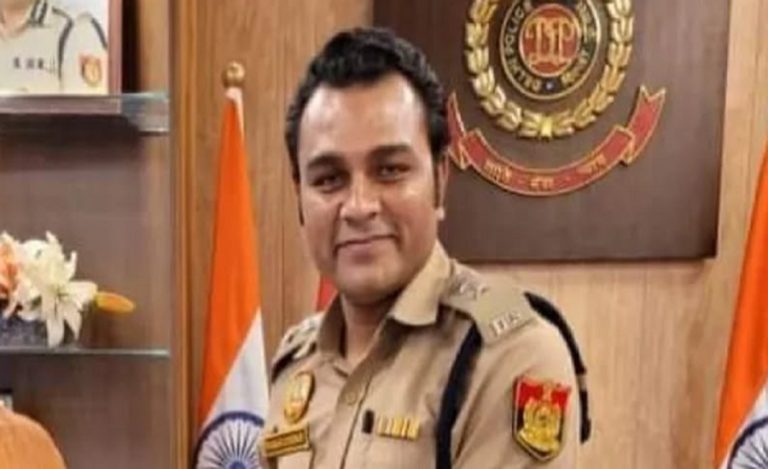The government of Odisha has taken up road safety on a priority basis, introducing many interventions towards it. Considering the average number of fatalities in road accidents in the state is more than the average national figure, the state government is working on every front to better the situation.
Under the leadership of the state Transport Commissioner, Mr. Arun Bothra, many initiatives have been taken up that focus on Education, Emergency Care, Enforcement and Engineering (Road). With training first responders and heavy motor vehicle drivers to strengthening the construction of road with all signs and scientific parameters in place, the transport department is leaving no stone unturned to ensure that loss of lives due to road accident minimizes.
In the previous story on this subject, we wrote about the initiatives taken under one of the 3 E’s – Education (the link is provided at the end). In this second part, we will inform you about the works done under the other Es, namely Engineering, Emergency Care and Enforcement.
FOCUSING ON ROAD ENGINEERING
During an exclusive conversation with Indian Masterminds, state Joint Commissioner, Road Safety, Sanjay Biswal emphasized that their motto is: ‘Road should speak when any driver enter it’. So, other than training the engineers, the department has also floated tenders to audit the State Highways and National Highways passing through Odisha for all road safety measures, including the signs and markings.

Audit of 3000 km of road has already been completed and tender for another 5000 km will be released shortly. “The findings will be circulated to all the concerned road owning authorities. The report also include the suggestions, whose implementation is the responsibility of the concerned authority. We will make sure that all of those mandatory measures are up on every road,” said Mr. Biswal.
PROVIDING BEST CARE TO VICTIMS
Compared to the national average figure of 33 deaths in road accidents, Odisha sees 48 deaths. The major two reasons are the availability of ambulances on time and facilities at the trauma centres. So, the transport department is focused on both fronts. Recently, a meeting between the health and transport departments was held to finalise the upgradation of the trauma centres.
Already the state has 33 such trauma centres. The idea is to make them active with all the facilities in place. While the renovations will take time, the department is working on providing around 100 ambulances with Artificial Life Support. Talking about it, Mr. Biswal said, “We have identified 145 black spots (any area is declared black spot if five or more fatal accidents took place in one year). We are planning to place 100 ALS ambulances in those places only. These ambulances will have all the facilities of victim care, including a minor OT. Also, these ALS will specifically be for the road accident victims only. Although, this is still in pipeline, we believe that it will reduce the time that ambulances take to reach the spot, hence decreasing the number of deaths.”
Many people don't help accident victims thinking that it will land them in legal trouble. This misinformation has caused thousands of deaths on our roads.
— Arun Bothra 🇮🇳 (@arunbothra) July 25, 2022
If you take road accident victims to hospital, police can't even ask for your name. That's the law.https://t.co/o42VT5r9SH pic.twitter.com/1UMraaSplK
USING TECHNOLOGY TO MONITOR VEHICLES
To ensure road safety, the transport department is also working with the police department for electronic enforcement with Integrated Transport Management System (ITMS). It requires the installation of CCTV cameras and Automatic Number Plate Recognition Cameras on major roads and highways.
The system is already functional in Sundergarh, Kendujhar and Brahmapur. So, in case of any violation, which includes over-speeding, driving without helmets or seatbelts, e-chalan will be issued to the offenders immediately.
In the state capital, Bhuvneshwar, cameras have been installed at 14 locations under the smart city project. E-chalan system has been integrated with those cameras. With these measures in place, the capital didn’t report any accident in the last three months. Besides this, the department is also procuring 10 more highway interceptor vehicles for patrolling. Thirty seven such vehicles are already up and running.
The department is also working on automating the test for driving license and starting truck terminals in all the districts under PPP mode. These terminals will have all the facilities, including serving of food. Mr. Biswal explained that since trucks parked on the roads are becoming a major reason for traffic-jams and accidents, so, in order to avoid these, truck truck terminals was the need of the hour.
Odisha’s Push on Four E’s for Better Road Safety



































